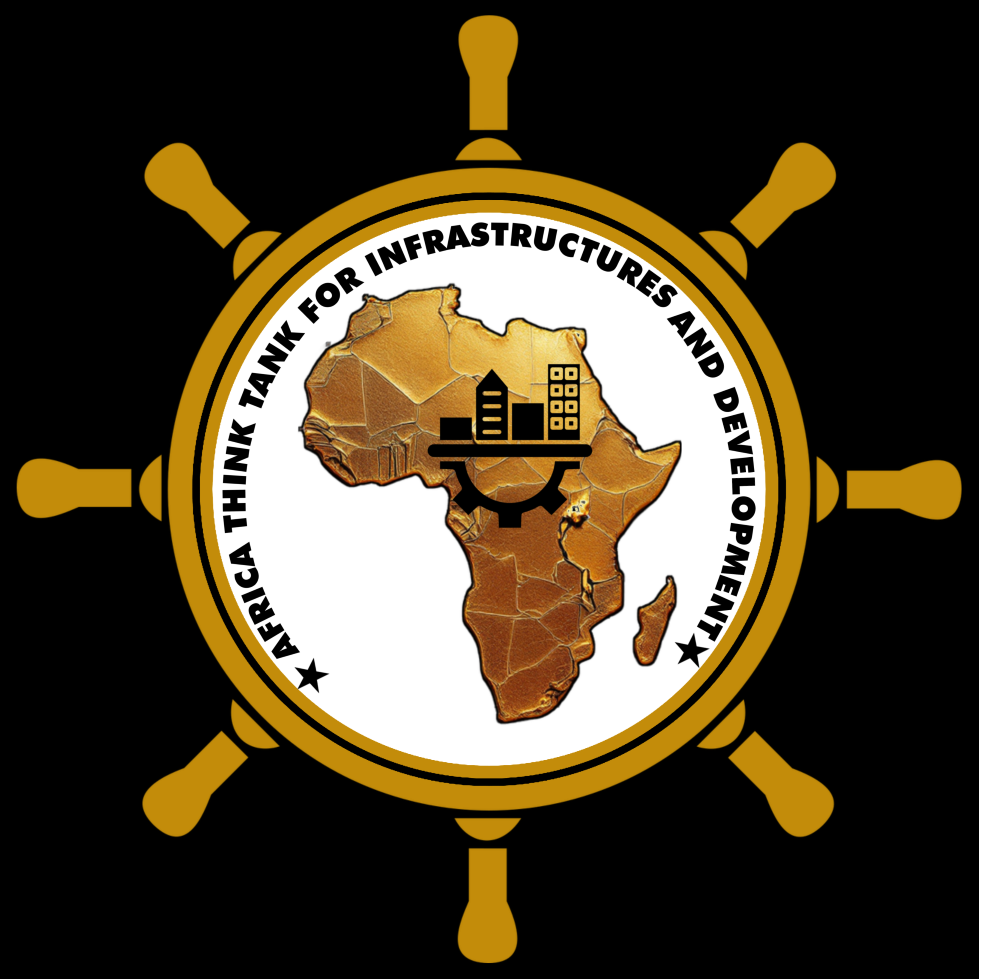The Africa Think Tank for Infrastructure Development (ATTID) has projected that the continent requires between $130 billion and $170 billion annually to meet its infrastructure needs and drive sustainable development across sectors such as energy, transport, water, sanitation, and urban systems.
This was disclosed during a press conference in Lagos ahead of a major infrastructure-focused side event it will host before the Gao Summit of industrialized nations scheduled for November 22–23, 2025, in South Africa.
According to ATTID, the Infrastructure and Sustainable Development Side Event will take place from November 20–21 at the Lakewood Conference Centre in Johannesburg.
Themed, “Enhancing Africa’s Infrastructure Transformation Agenda through Investments and Partnership,” the forum is expected to attract world leaders, executives of international development agencies, investment institutions, financial service providers, regional economic commissions, regulatory bodies, and private infrastructure developers.
Speaking at the press briefing, Director of Planning and Implementation of ATTID, Dr. Alfred Chiakor, said the event presents a vital opportunity to mobilize global and regional stakeholders toward closing Africa’s vast infrastructure gap.
He noted that the continent continues to face systemic challenges, including poor road networks, erratic electricity supply, and inadequate transportation systems, which have collectively led to a 40% loss in productivity and a two-percentage-point drag on annual GDP growth.
“Africa’s economic development is closely tied to the availability of quality infrastructure. Unfortunately, the continent’s infrastructure financing needs are immense and growing,” Chiakor said, citing African Development Bank estimates.
ATTID also expressed concern over Africa’s low tax-to-GDP ratio, which averaged 15.6% in 2021 compared to 19.8% in the Asia-Pacific region and 21.7% in Latin America and the Caribbean. The weak fiscal position of many African governments, compounded by rising debt levels, has made private sector participation and international collaboration indispensable, the group stated.













